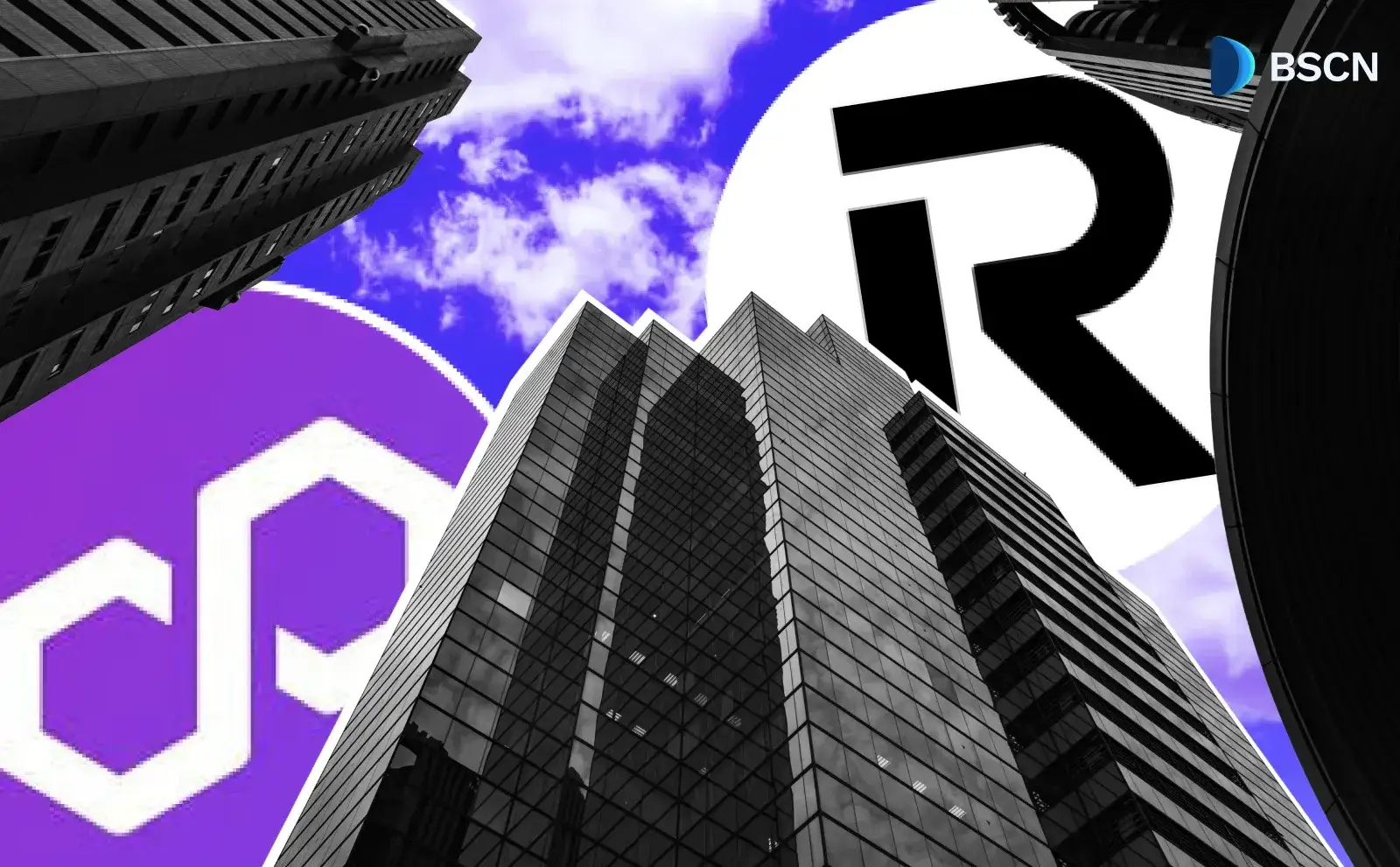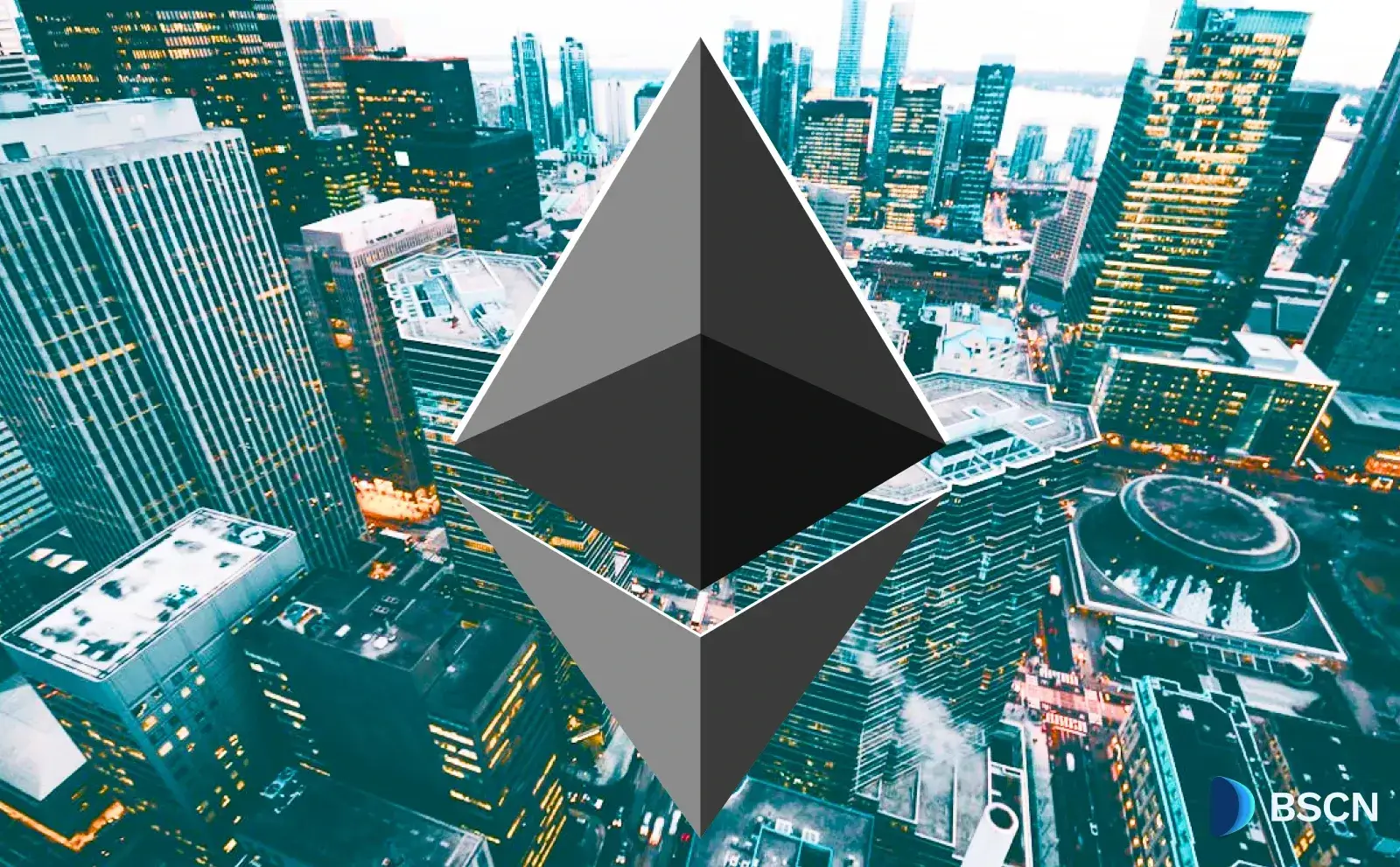Revolut Integrates with Polygon for Cryptocurrency Features: What it Means

Revolut has integrated with the Polygon blockchain for stablecoin payments, low-cost transfers, and staking.
UC Hope
November 19, 2025
Table of Contents
Revolut, a fintech company with more than 65 million users worldwide, has integrated the Polygon blockchain into its app to support cryptocurrency transactions, including stablecoin payments and token staking.
This integration enables users in the UK and European Economic Area to conduct low-cost transfers and other operations on Polygon, a layer-2 scaling solution for Ethereum. As of November 2025, Polygon has processed over $690 million in transaction volume, marking a promising step in blending traditional finance with blockchain technology.
What Does The Integration Mean?
The collaboration between Revolut and Polygon focuses on using Polygon's infrastructure to handle cryptocurrency features within the Revolut app. Polygon operates as a sidechain to Ethereum, offering faster transaction speeds and lower fees than the Ethereum mainnet. This setup enables Revolut users to send and receive stablecoins such as USDC and USDT, as well as Polygon's native token, POL, with zero fees.
The integration is available to users in 38 countries, primarily in the UK and the EEA, where regulatory frameworks such as the Markets in Crypto-Assets (MiCA) regulation support such activities.
Revolut has offered cryptocurrency trading since 2017, but this partnership expands its capabilities beyond basic buying and selling. By leveraging Polygon, Revolut aims to facilitate real-time payments and remittances, areas where traditional banking systems often impose delays and costs. For instance, conventional remittance services can charge 3-5% fees, while Polygon's average transaction fee is under $0.01. This efficiency stems from Polygon's ability to process up to 65,000 transactions per second, making it well-suited for high-volume use cases such as daily payments.
The integration with Pologon supports the company’s strategy to incorporate blockchain elements into its services, which already include banking, investments, and insurance for its user base across more than 200 countries and territories.
Key Features of the Integration
Stablecoin Transfers
Users can send USDC, USDT, or POL to other users or external wallets through the Revolut app on the Polygon network, achieving near-instant settlement times. This function supports cross-border remittances by avoiding intermediaries such as banks or services like Western Union or Swift, which often come with higher fees and extended processing durations.
Cryptocurrency Card Payments
The integration enables spending stablecoins on the Polygon network via Revolut's crypto-linked card for routine purchases. This operates in a manner akin to traditional debit cards with fiat currencies, where the app manages conversions automatically to maintain compatibility with merchants that process standard card transactions.
Trading and Staking POL
Revolut users can directly buy, sell, and hold POL within the app, which serves as Polygon's governance and staking token and succeeded the previous MATIC token. Staking requires locking tokens to bolster network security and yields rewards, typically offering annual percentage yields between 4% and 6% based on prevailing network conditions. This allows passive income to be generated from holdings without the need for independent wallets or exchanges.
On-Ramping and Off-Ramping
The setup includes seamless conversions between cryptocurrency and fiat currencies such as GBP or EUR. Users can deposit fiat to acquire crypto or transfer crypto proceeds back to bank accounts, minimizing the typical barriers to cryptocurrency use that require external platforms for such exchanges.
Revolut’s Journey In the Blockchain Industry
Revolut's engagement with cryptocurrency dates back to 2017, when it first introduced Bitcoin trading. Over the years, it expanded to include more assets. However, it faced regulatory challenges, including the delisting of specific tokens in the US due to scrutiny from the Securities and Exchange Commission.
In the lead-up to the Polygon integration, Revolut explored blockchain enhancements amid increasing clarity from European regulators. The MiCA framework, which standardizes crypto rules across the EU, provided a supportive environment for such initiatives. Polygon, known for its partnerships with companies like Mastercard and Robinhood, was selected for its focus on scalable payments.
By January 2025, Revolut had also become a data publisher for the Pyth Network, an oracle service that supplies real-time price feeds to blockchain applications. This separate collaboration improves data accuracy for decentralized finance protocols, indirectly benefiting users of Polygon-integrated services.
Conclusion
The Revolut-Polygon integration demonstrates how fintech platforms can leverage blockchain to handle stablecoin transfers, trading, and staking efficiently. With this in mind, the initiative underscores the role of layer-2 solutions like Polygon in practical financial applications, such as remittances, while adhering to regulations like MiCA.
Monitoring future phases will reveal how such collaborations evolve within the financial sector, highlighting their capacity to streamline global money movement.
Sources:
- Revolut launches standalone crypto trading platform for UK retail customers: https://www.theblock.co/post/292437/revolut-standalone-crypto-trading-platform-revolutx
- Revolut Enlists Polygon for Stablecoin Remittances in UK and EEA: https://www.coindesk.com/business/2025/11/18/revolut-enlists-polygon-for-stablecoin-remittances-in-uk-and-eea
- Partnership with Pyth Network: https://www.revolut.com/blog/post/pyth-partnership-uk/
Read Next...
Frequently Asked Questions
What is the Revolut-Polygon partnership?
The Revolut-Polygon partnership integrates Polygon's blockchain into the Revolut app for stablecoin payments, trading, and staking, processing over $690 million in volume since December 2024.
How does Revolut use Polygon for payments?
Revolut uses Polygon for zero-fee transfers of USDC, USDT, and POL, enabling near-instant remittances and card payments in the UK and EEA with fees under $0.01 per transaction.
What are the benefits of staking POL in Revolut?
Staking POL in the Revolut app allows users to earn rewards at 4-6% annual percentage yield by supporting Polygon's network security, accessible directly without external wallets.
Disclaimer
Disclaimer: The views expressed in this article do not necessarily represent the views of BSCN. The information provided in this article is for educational and entertainment purposes only and should not be construed as investment advice, or advice of any kind. BSCN assumes no responsibility for any investment decisions made based on the information provided in this article. If you believe that the article should be amended, please reach out to the BSCN team by emailing [email protected].
Author
 UC Hope
UC HopeUC holds a bachelor’s degree in Physics and has been a crypto researcher since 2020. UC was a professional writer before entering the cryptocurrency industry, but was drawn to blockchain technology by its high potential. UC has written for the likes of Cryptopolitan, as well as BSCN. He has a wide area of expertise, covering centralized and decentralized finance, as well as altcoins.
Crypto Project & Token Reviews
Project & Token Reviews
Comprehensive reviews of crypto's most interesting projects and assets
Learn about the hottest projects & tokens





















